- Home›
- Healthy Living›
- 14 Serious Side Effects Of Garlic
14 Serious Side Effects Of Garlic
By: Priyanka Maheshwari Mon, 24 July 2023 6:46:18
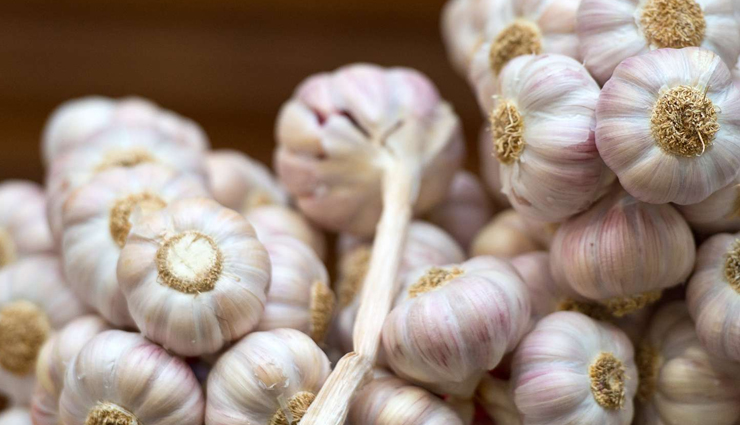
Garlic, the beloved kitchen staple and medicinal herb, has been cherished for centuries for its remarkable health properties. From boosting the immune system to promoting heart health, garlic's therapeutic benefits are widely acknowledged. However, like any potent remedy, garlic comes with a caveat – it can also harbor serious side effects when not consumed judiciously. In this comprehensive guide, we will delve into the 14 serious side effects of garlic and provide essential precautions and warnings to ensure safe and responsible usage. Whether you are a devoted garlic enthusiast or someone exploring its potential benefits, understanding the risks associated with garlic consumption is paramount to harnessing its power while safeguarding your well-being. Join us as we navigate through the fascinating world of garlic, shedding light on its hidden dangers and empowering you with the knowledge to make informed choices for a healthy and balanced life.

# Gastrointestinal Distress
Excessive consumption of garlic can lead to gastrointestinal distress, causing discomfort and various issues in the digestive system. Common gastrointestinal problems associated with overeating garlic include heartburn, indigestion, flatulence, upset stomach, and diarrhea. It is essential to be mindful of these potential side effects while enjoying the many virtues of garlic in moderation.

# Allergic Reactions
Garlic may trigger allergic reactions in some individuals. Allergic responses to garlic can range from mild to severe, with symptoms such as skin irritation, respiratory issues, digestive problems, and swelling. In rare cases, severe allergic reactions can lead to anaphylaxis, a life-threatening condition that requires immediate medical attention. If you suspect a garlic allergy, seeking medical advice and avoiding garlic consumption is crucial to prevent allergic reactions.

# Bleeding Disorders
Garlic can pose risks for individuals with bleeding disorders, such as hemophilia or thrombocytopenia, as it interferes with blood clotting. Excessive garlic consumption or supplements may worsen bleeding disorders and interact with medications. Those with bleeding disorders should consult a healthcare professional before using garlic and prioritize their health to avoid potential adverse effects.

# Bad Breath
Garlic is well-known for causing garlic breath due to its strong and pungent compounds, especially allicin, which are absorbed into the bloodstream and eventually released through the breath. Even small amounts of garlic can lead to lingering bad breath for several hours. To minimize garlic breath, individuals can try chewing fresh herbs, consuming citrus fruits, dairy products, sugar-free gum or mints, practicing good oral hygiene, avoiding raw garlic, and using breath fresheners. These tips can help neutralize or mask the odor and provide temporary relief from garlic breath.

# Skin Irritation
Garlic can cause skin irritation in some people due to its compounds, particularly allicin. Symptoms of skin irritation from garlic may include redness, itching, and rashes. To reduce the risk of irritation, individuals can wear gloves when handling garlic, avoid prolonged contact, and rinse the skin with water if exposed to garlic. Using a barrier cream before handling garlic and performing a patch test on a small area of the skin are also recommended. Those with sensitive skin or existing skin conditions should be cautious, and if irritation persists, seeking advice from a dermatologist is advisable.

# Interference with Medications
Garlic has the potential to interfere with certain medications, including anticoagulants, antiplatelet drugs, immunosuppressive drugs, birth control pills, HIV medications, antiviral drugs, and anti-hypertensive drugs. The compounds in garlic can affect blood clotting, immune function, and blood pressure, which may lead to adverse effects or reduced effectiveness of these medications. To avoid potential interactions, individuals taking medications should consult with a healthcare professional before using garlic supplements or making significant dietary changes involving garlic. Healthcare providers can provide guidance to ensure the safe and effective use of medications alongside garlic consumption.
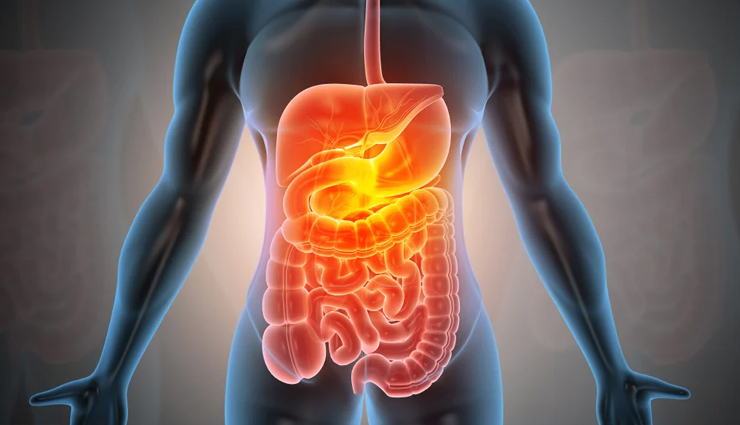
# Digestive Disorders
Garlic can cause digestive disorders in some individuals due to the compounds it contains, such as allicin. Common issues include heartburn, indigestion, flatulence, upset stomach, and diarrhea. The severity of these problems varies from person to person, so consuming garlic in moderation and observing how your body reacts is crucial. If persistent or severe digestive problems occur, seek advice from a healthcare professional.

# Low Blood Pressure
Garlic is known to lower blood pressure, which is beneficial for individuals with high blood pressure. However, excessive consumption of garlic can be problematic for those with pre-existing low blood pressure or taking blood pressure-lowering medications, as it may further reduce blood pressure to unhealthy levels. This condition, known as hypotension, can lead to symptoms like dizziness, fainting, fatigue, and blurred vision. People with low blood pressure should be cautious about their garlic intake and may need to seek guidance from a healthcare provider to ensure safe use.
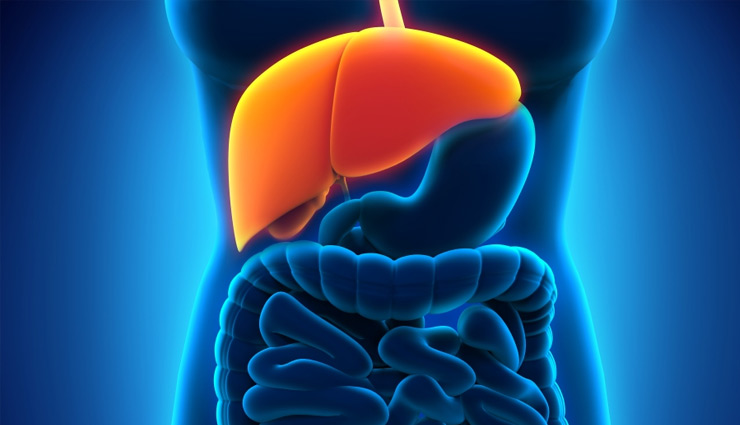
# Liver Toxicity
Garlic, with its culinary and medicinal properties, can be beneficial, but excessive consumption of garlic supplements or high doses of garlic extract may lead to liver toxicity. Compounds like allicin and sulfur-containing compounds in garlic can be harsh on the liver and cause damage if taken in large quantities. Liver toxicity may result in elevated liver enzymes, inflammation, or other complications. Those with liver conditions or taking liver-affecting medications should be cautious with garlic supplements, follow recommended dosages, and consult a healthcare professional. Moderation and a balanced diet are essential to prevent liver toxicity. If experiencing unusual symptoms, seeking medical advice is recommended.

# Interaction with Anesthesia
Garlic has the potential to interact with anesthesia and may cause complications during medical procedures that require anesthesia. The presence of allicin and other compounds in garlic can interfere with blood clotting, increasing the risk of bleeding during surgery. Moreover, garlic's impact on blood pressure can interact with anesthesia medications, leading to fluctuations in blood pressure levels. To avoid these interactions, individuals should inform their healthcare providers about their garlic consumption, including supplements, before undergoing anesthesia. Following medical advice and guidelines can ensure a safe and successful surgical procedure.

# Hypoglycemia
Hypoglycemia is a condition characterized by low blood sugar levels, which can be particularly risky for individuals with diabetes or those taking medications to lower blood sugar. Garlic contains compounds that may improve insulin sensitivity and increase insulin release, potentially causing a drop in blood sugar levels. People with diabetes or at risk of hypoglycemia should be cautious when consuming garlic and regularly monitor their blood sugar levels to prevent any adverse effects. Seeking guidance from a healthcare professional before adding garlic to the diet or using garlic supplements can help manage the risk of hypoglycemia and ensure safe consumption.

# Pregnancy and Breastfeeding
Garlic is generally safe for pregnant and breastfeeding individuals when consumed in moderation. However, excessive intake of garlic supplements or concentrated forms should be avoided. Garlic may cause digestive discomfort and can pass into breast milk, affecting its taste and smell. Consultation with a healthcare provider is recommended before using garlic supplements or consuming large amounts of garlic to ensure the safety of both mother and baby during this sensitive period. Prioritizing the well-being of both individuals is crucial during pregnancy and breastfeeding.
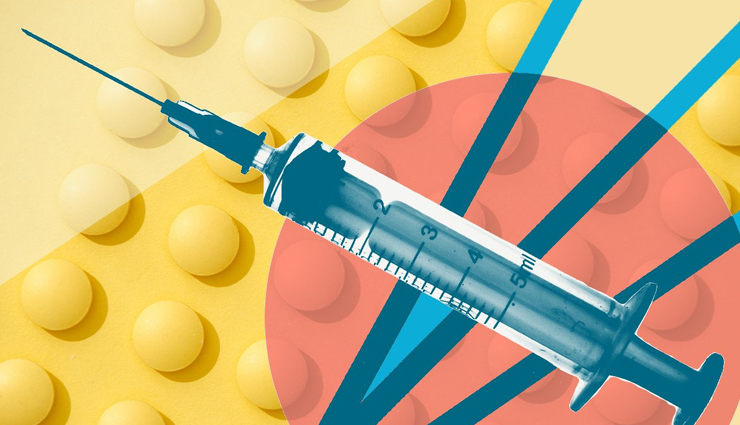
# Interaction with Immunosuppressants
Garlic's immune-boosting properties can interfere with the effectiveness of immunosuppressant medications, used to manage autoimmune diseases and organ transplant patients. This interaction may compromise the treatment's efficacy. Individuals taking immunosuppressants should be cautious with garlic consumption, seek medical advice, and follow guidelines to ensure the safe and effective management of their conditions and post-transplant care.
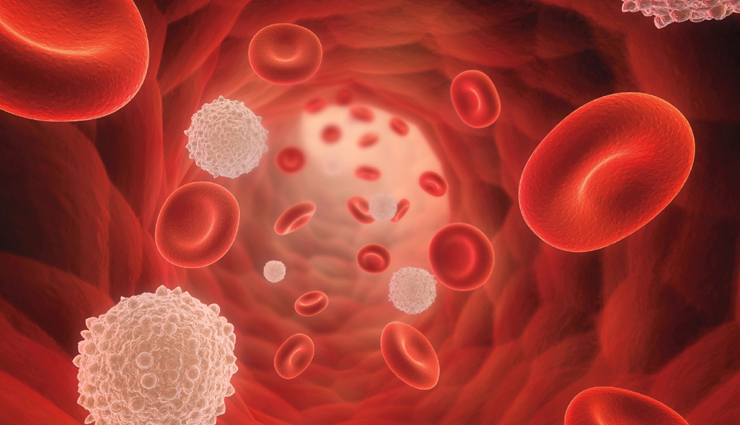
# Decreased Platelet Count
Garlic has the potential to cause thrombocytopenia, a decrease in platelet count, due to its compounds interfering with platelet function and blood clotting. Individuals with low platelet counts or on medications affecting platelets should be cautious with garlic consumption and seek medical advice before adding garlic to their diet to ensure safe usage.





